Speakers
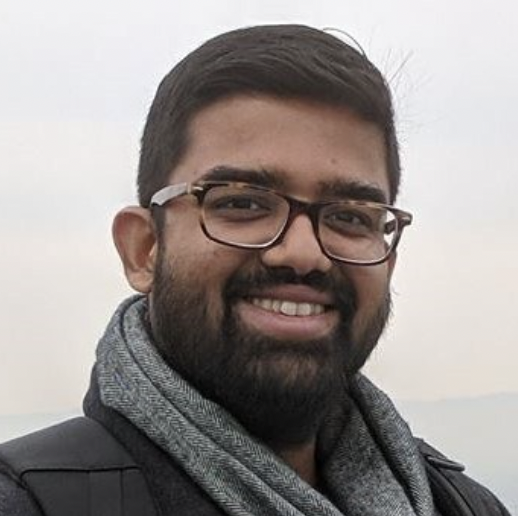
Rohit Prabhavalkar
Rohit Prabhavalkar received his PhD in Computer Science and Engineering from The Ohio State University, USA, in 2013. Following his PhD, Rohit joined the Speech Technologies group at Google where he is currently a Staff Research Scientist. At Google, his research has focused primarily on developing compact acoustic models which can run efficiently on mobile devices, and on developing improved end-to-end automatic speech recognition systems. Rohit has co-authored over 50 refereed papers, which have received two best paper awards (ASRU 2017; ICASSP 2018). He currently serves as a member of the IEEE Speech and Language Processing Technical Committee (2018-2021) and as an associate editor of the IEEE/ACM Transactions on Audio, Speech, and Language Processing.
Lecture on End-to-end Models for Automatic Speech Recognition
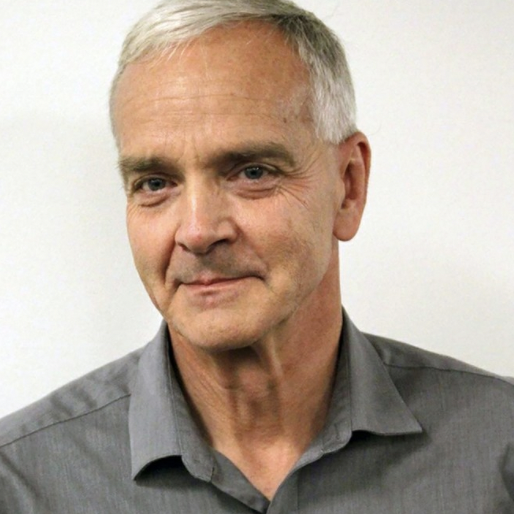
Professor Martial Hebert
Martial Hebert is a Professor of Robotics and Director of the Robotics Institute at Carnegie-Mellon. His work is in the areas of computer vision and perception for autonomous systems. My interests are in the interpretation of perception data (both 2-D and 3-D), including building models of environments. Current research directions include:
- Use of contextual information, in particular 3-D geometry from images, for scene analysis
- Symbolic knowledge for scene interpretation and reconstruction
- Motion analysis for feature extraction and event detection in video clips
- Efficient tools for the analysis of dynamic 3-D point clouds ("3-D signal processing"
- Perception for autonomous systems
- Detection, tracking, and prediction in dynamic environments
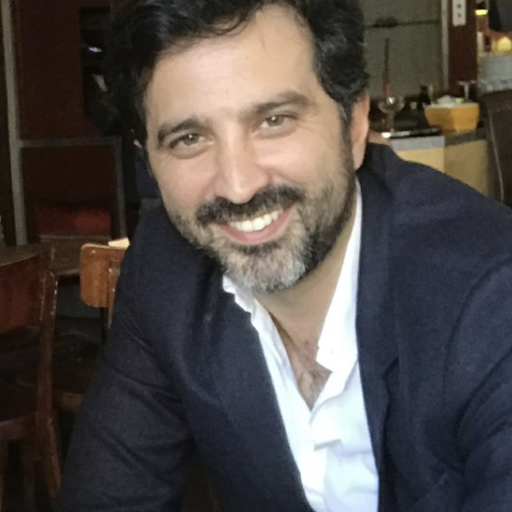
Professor Alexandre Alahi
Alexandre Alahi is currently an Assistant Professor at EPFL. He spent five years at Stanford University as a Post-doc and Research Scientist after obtaining his Ph.D. from EPFL. His research enables machines to perceive the world and make decisions in the context of transportation problems and smart environments. He has worked on the theoretical challenges and practical applications of socially-aware Artificial Intelligence, i.e., systems equipped with perception and social intelligence. He was awarded the Swiss NSF early and advanced researcher grants for his work on predicting human social behavior. He won the CVPR Open Source Award (2012) for his work on Retina-inspired image descriptors, and the ICDSC Challenge Prize (2009) for his sparsity-driven algorithm that has tracked more than 100 million pedestrians to date. His research has been covered internationally by BBC, abc, PBS, Euronews, Wall street journal, and other national news outlets around the world. Alexandre has also co-founded multiple startups such as Visiosafe, and won several startup competitions. He was elected as one of the Top 20 Swiss Venture leaders in 2010.Lecture on Deep Learning for Self-driving cars and Beyond
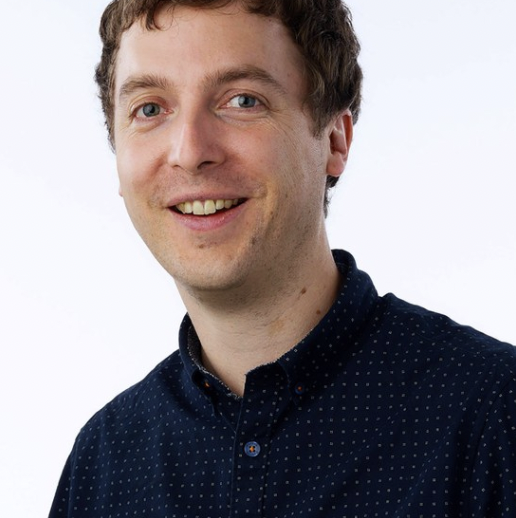
Professor Graham Taylor
Graham Taylor is a Canada Research Chair and Associate Professor of Engineering at the University of Guelph. He leads the Machine Learning Research Group at the University of Guelph. His research spans a number of topics in deep learning. He is interested in open problems such as how to effectively learn with less labeled data, and how to build human-centred AI systems. He is interested in methodologies such as generative modelling, graph representation learning and sequential decision making. He also pursues applied projects that leverage computer vision to mitigate biodiversity loss.Lecture on Towards Interpretable and Robust Machine Learning Systems
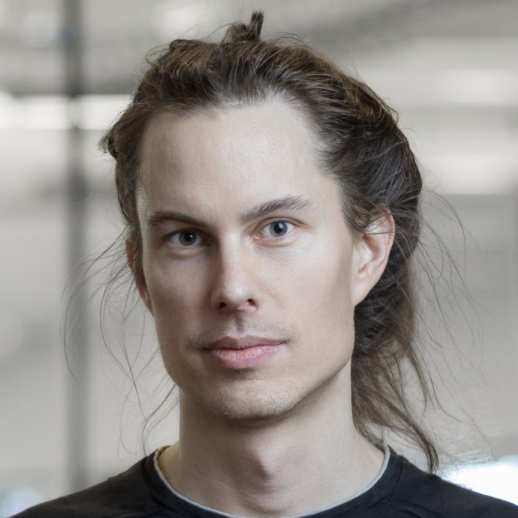
Tomas Mikolov
Tomas Mikolov is a computer scientist working in the field of machine learning. He is currently a Research Scientist at Czech Institute of Informatics, Robotics and Cybernetics. Previously, he was a researcher at Facebook. Mikolov also worked as a visiting researcher at Johns Hopkins University, Université de Montréal, Microsoft and Google.Lecture on Representational Learning in NLP & Neural Language Models
